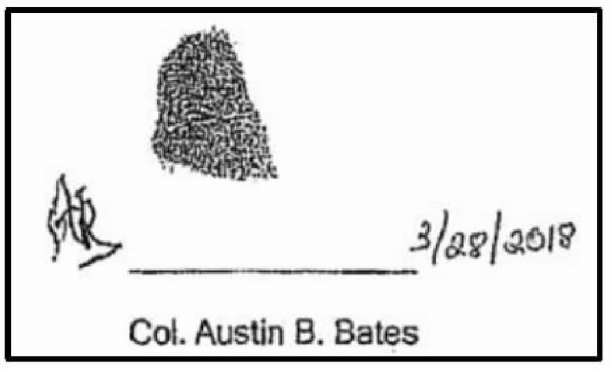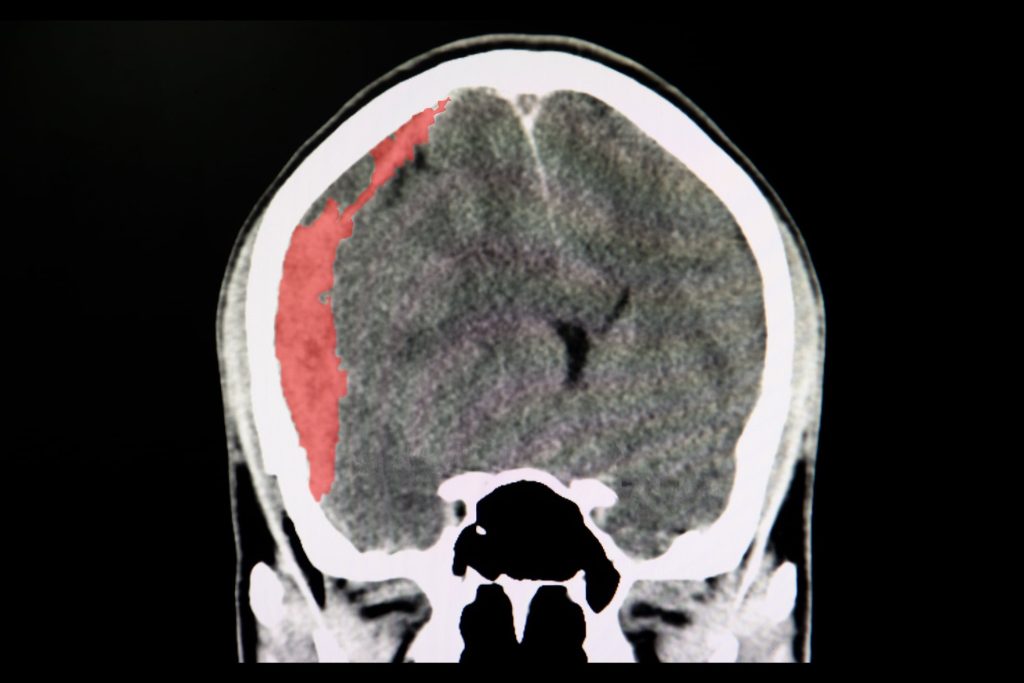Inheritance Advice: The ‘Times’ Got It Wrong

The New York Times is wrong. In a recent “Social Q’s” column, a reader asked for inheritance advice. The response was off the mark. (For the purposes of this article, we’ll call the questioner “Reader.” And though the column didn’t reveal Reader’s gender, for easy identification, we’ll assume Reader is female.) Reader describes the circumstances: […]
Stop Helping: Why Helpers Should Leave the Room

When an aging person creates or changes their estate plan, children, caregivers, friends often tag along to “help.” Most of the time, an estate planning attorney will request that the helper stop helping–not participate at all. A new court decision out of New York illustrates why. Battle of the Wills In the Matter of the […]
Marriage Annulled by Court After Spouse’s Death

Imagine a terminally-ill person marrying a long-time companion in the final weeks of life. If he or she was incapacitated at the time, can the marriage be annulled after the new spouse’s death? The Nebraska Supreme Court thinks so. Molly Stacey’s last years Greg Meyer, then 54, moved in with Molly Stacey in 2009. The […]
Trust Protector’s Amendment Challenged By Beneficiaries

A recent Arizona appellate case raised a novel question. Can a trust protector’s amendment be challenged by the trust’s beneficiaries? Austin Bates and his family To understand the appellate decision — and the effect it might have on others — it helps to know the family involved. From the reported decision and a quick check […]
Trust Benefiting Lawyer Creates Undue Influence Presumption

VOLUME 24 NUMBER 21 To be valid, a will or trust must reflect the intentions of a competent signer. If the signer is deemed to have been subject to the undue influence of someone else, the document can be invalidated. Even documents carefully prepared by lawyers sometimes get successfully challenged. When the lawyer is a […]
Undue Influence and Limited Capacity Do Not Necessarily Justify Conservatorship

OCTOBER 31, 2016 VOLUME 23 NUMBER 41 In our legal practice, we frequently deal with individuals with limited capacity. Sometimes we speak of them being “incapacitated” or “incompetent.” Sometimes they are “disabled,” or qualify as “vulnerable adults,” or are subject to “undue influence.” But each of those terms means something specific, and some variations even […]
Even Lawyers Can Have Trouble Recognizing Undue Influence

OCTOBER 20, 2014 VOLUME 21 NUMBER 38 We often say that experienced lawyers can be pretty good at judging the competence of a client to make a will, sign a power of attorney or execute other documents. We (collectively) probably make better witnesses on those questions than even the doctors and medical staff attending to […]
DIY Wills — Another Example Showing Why You Should Hire a Lawyer
OCTOBER 6, 2014 VOLUME 21 NUMBER 36 We occasionally relate stories about people who have prepared their own wills without the help of competent professional advisers (like, for a primary example, a qualified attorney). When we do, we intend to make several points: The cost of getting a lawyer to prepare your will (and trust, […]
Will Contests Must Be Based on Actual Evidence
APRIL 28, 2014 VOLUME 21 NUMBER 16 We have written before about the fact that, despite popular notions, will contests are actually quite rare. We have explained to our readers that mounting a will contest can be an expensive proposition, and that the likelihood of success is usually slight. Those observations remain true today, but […]
Pondering Your Power of Attorney
SEPTEMBER 16, 2013 VOLUME 20 NUMBER 35 Do you have a power of attorney? If so, do you know how it works? Is a “springing” power of attorney the best way for you to keep authority over your health care and financial decisions until a transition is needed? Many people have powers of attorney but […]


